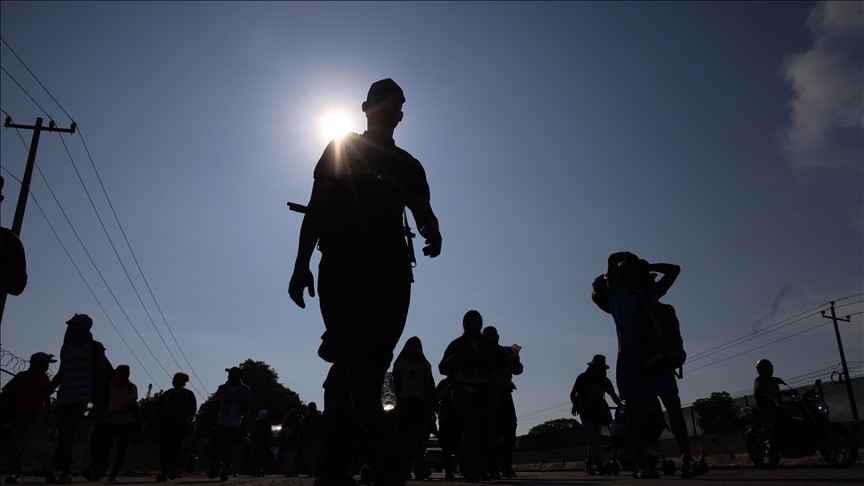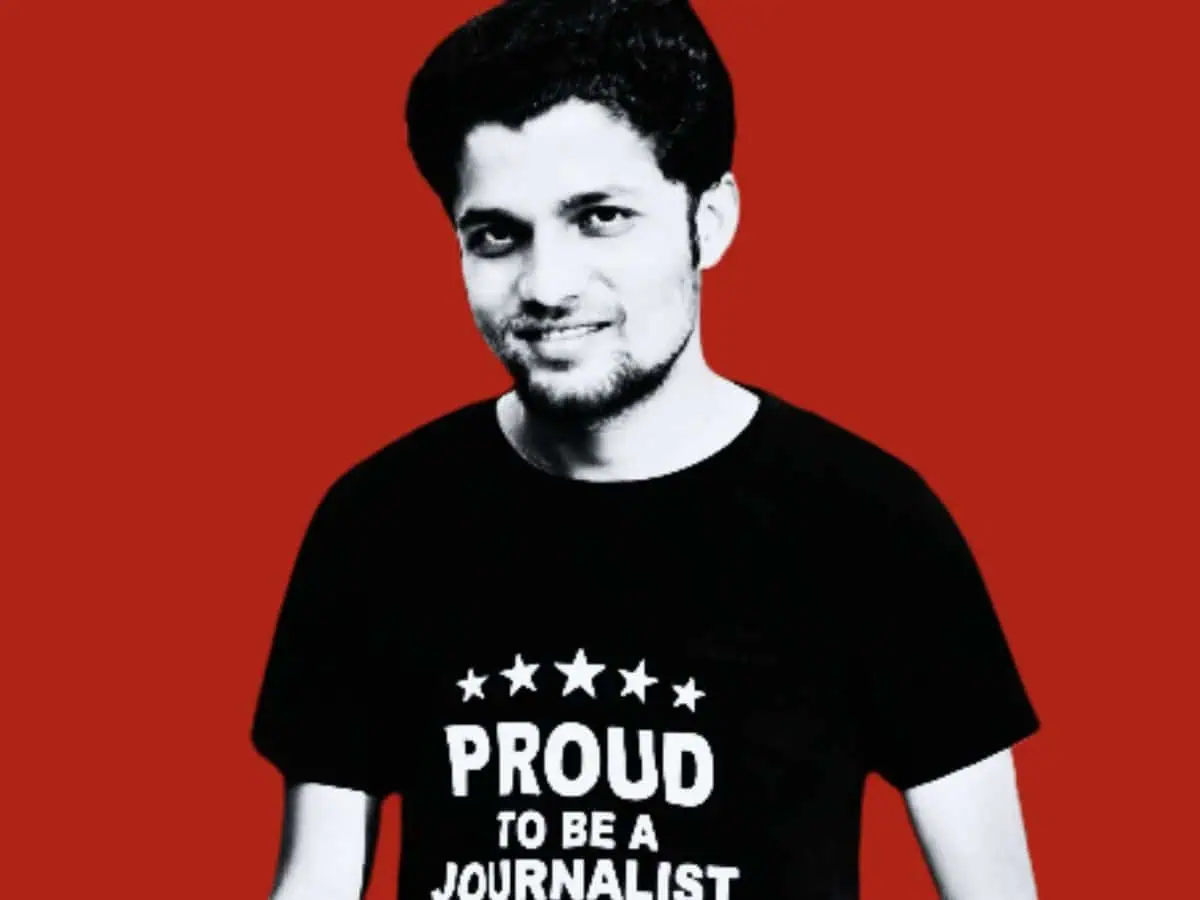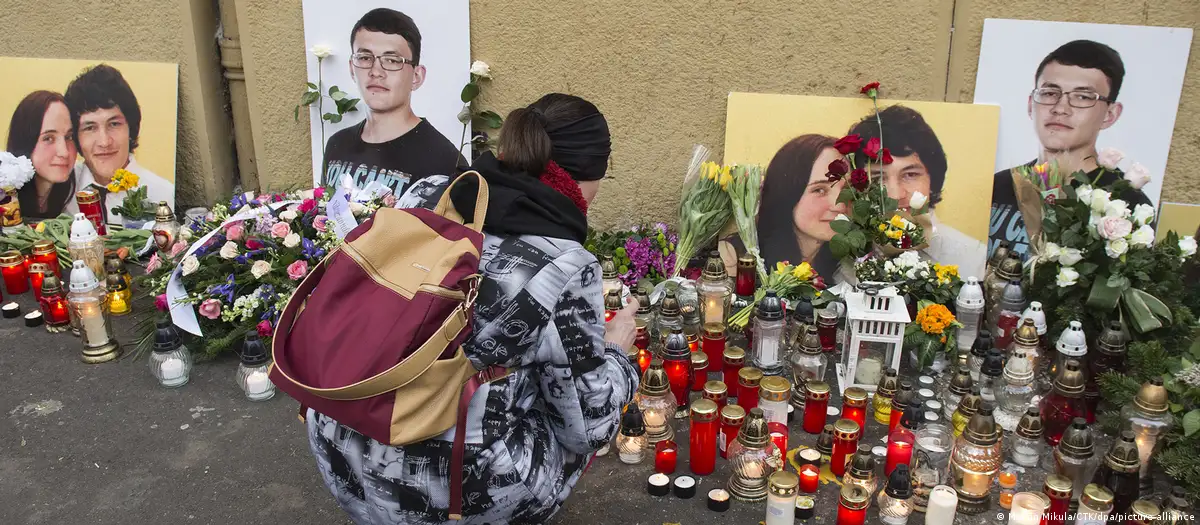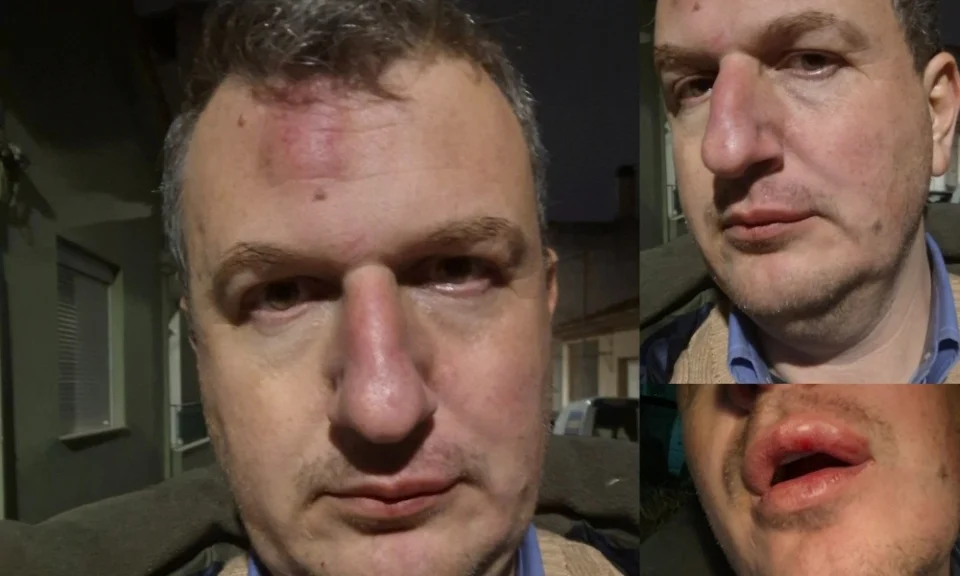
Mexico Among World’s Most Dangerous Places for Journalists in 2024
January 3, 2025
Journalist Mukesh Chandrakar Killed After Exposing ₹120 Crore Road Scam in Chhattisgarh
January 4, 2025January 4, 2024 – Russia/Ukraine –
Russian news outlet Izvestia confirmed that its freelance correspondent, Alexander Martemyanov, was killed when a Ukrainian drone struck a civilian vehicle on a highway near Donetsk in Russian-occupied eastern Ukraine. Izvestia reported that the journalist was traveling far from front-line combat zones, raising serious questions over the appropriateness of the strike.
The drone strike also injured two other Izvestia journalists and two reporters from a local Donetsk publication, highlighting the collateral risks facing media personnel in conflict zones. Russian Foreign Ministry spokesperson Maria Zakharova denounced the incident as “deliberate murder,” blaming President Zelenskiy’s administration for employing what she termed “terrorist methods to eliminate ideological opponents”.
This tragedy adds to a troubling trend of journalists being killed in Ukraine since the full-scale invasion began in February 2022. According to the Committee to Protect Journalists, at least 15 media workers have been killed in the conflict zones. In addition to Martemyanov’s death, other attacks in 2025 include the March 24 killing of two Izvestia employees—correspondent Alexander Fedorchak and cameraman Andrei Panov—and a driver working for the state-affiliated channel Zvezda, during a targeted Ukrainian artillery strike in Luhansk.
The killings of journalists such as Martemyanov not only underscore the perilous conditions under which reporters operate in wartime but also raise crucial questions about compliance with international humanitarian law. Journalists are civilians under the Geneva Conventions, and their harm or death in targeted or indiscriminate attacks may constitute violations, especially when embedded in non-combatant vehicles in areas away from active front lines.
Media watchdogs and international observers are increasingly calling for thorough, impartial investigations into the circumstances of these strikes. They emphasize that ensuring accountability for attacks on journalists is vital to preserving both press safety and the integrity of information during armed conflicts.
Without such inquiries—and potentially legal recourse—it becomes harder to prevent future tragedies. Alexander Martemyanov’s death stands as a somber reminder of the heavy price paid by journalists striving to report the truth from wartime zones.
Reference –




